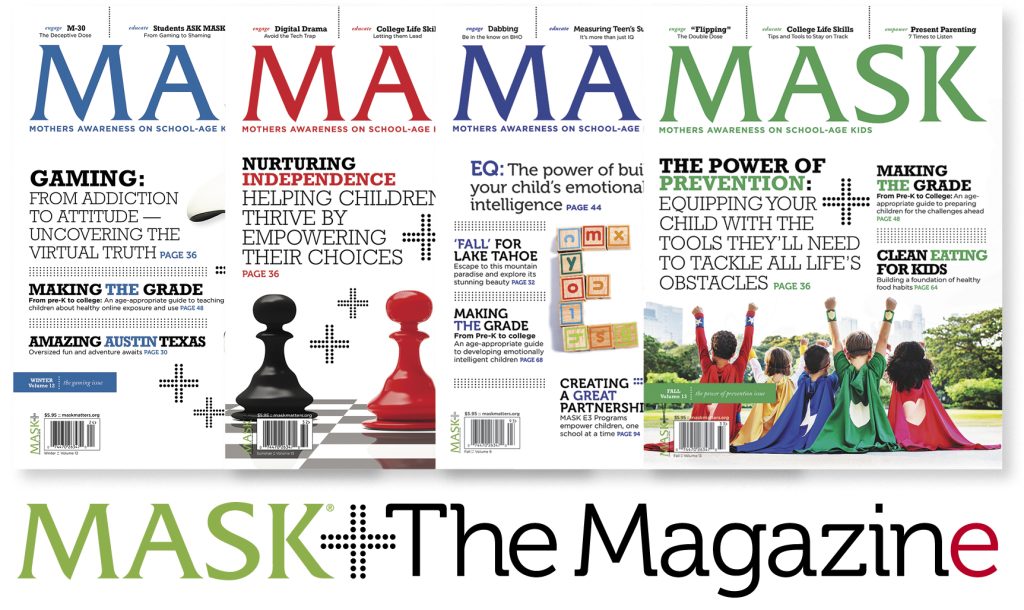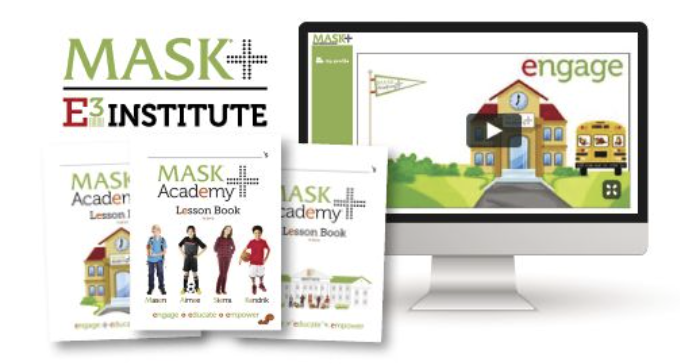
Monitoring your Kids Social Media Post
September 25, 2024
Bullying through Exclusion
September 30, 2024Underage drinking is a significant issue on college campuses and can have serious consequences for students’ health, safety, and academic performance. Addressing this problem involves understanding the risks, promoting responsible behavior, and providing support and resources for students. Here’s a comprehensive look at the topic:
Understanding the Risks
- Health Risks
- Physical Health: Underage drinking can lead to immediate physical harm such as alcohol poisoning, accidents, and injuries. Long-term use can impact brain development and lead to chronic health issues.
- Mental Health: Alcohol abuse is linked to mental health problems like depression and anxiety. It can also impair judgment and increase risky behaviors.
- Academic and Social Impact
- Academic Performance: Alcohol use can interfere with academic performance by affecting concentration, memory, and attendance. Hangovers and drinking-related absences can contribute to poor grades.
- Social Consequences: Underage drinking can lead to social issues, including strained relationships with peers and family, and involvement in legal problems.
- Legal and Disciplinary Issues
- Legal Consequences: Underage drinking is illegal and can result in fines, community service, or other legal repercussions.
- Campus Policies: Many colleges have strict policies regarding alcohol use. Violations can lead to disciplinary actions, including warnings, probation, or expulsion.
Promoting Responsible Behavior
- Education and Awareness
- Educational Programs: Schools can implement educational programs about the risks of underage drinking and the benefits of abstaining or drinking responsibly.
- Workshops and Seminars: Host events that address alcohol awareness, provide information on the effects of alcohol, and offer strategies for managing peer pressure.
- Developing Coping Strategies
- Stress Management: Teach students healthy ways to cope with stress and social pressures, such as through exercise, mindfulness, or joining campus groups.
- Social Skills: Provide training on how to say no and handle peer pressure effectively.
- Creating Supportive Environments
- Alcohol-Free Activities: Promote and organize alcohol-free events and social activities on campus to offer alternatives to drinking.
- Support Networks: Establish support groups or counseling services for students who need help with alcohol-related issues.
Support and Resources
- Counseling Services
- Access to Professionals: Ensure that students have easy access to counseling services where they can discuss alcohol-related concerns in a confidential and supportive environment.
- Screening and Assessment: Provide tools for students to self-assess their drinking habits and understand when they might need professional help.
- Peer Support Programs
- Peer Educators: Train students to act as peer educators who can offer guidance and support to their peers regarding alcohol use and other related issues.
- Student Organizations: Encourage involvement in student organizations focused on health and wellness that promote positive lifestyles.
- Parental Involvement
- Parent Education: Educate parents about the risks of underage drinking and how they can support their children in making healthy choices.
- Open Communication: Encourage open dialogue between parents and students about alcohol use and its consequences.
Policies and Enforcement
- Clear Policies
- Campus Regulations: Ensure that campus policies regarding alcohol use are clearly communicated to students and consistently enforced.
- Health and Safety Guidelines: Develop and maintain guidelines that prioritize student health and safety in relation to alcohol consumption.
- Partnerships with Local Authorities
- Collaboration: Work with local law enforcement and community organizations to address issues related to underage drinking and promote a safer environment for students.
- Intervention Programs
- Early Intervention: Implement programs for early intervention to help students who exhibit signs of problematic drinking habits before issues escalate.
Addressing the Issue Effectively
Addressing underage drinking on college campuses requires a multi-faceted approach involving education, support, clear policies, and active engagement from the entire campus community. By creating a supportive environment and providing resources and alternatives, colleges can help students make healthier choices and reduce the incidence of underage drinking.
To learn more tips and parenting subscribe to MASK The Magazine, parenting solutions for today’s families
Subscribe to MASK The Magazine
Or
Did you know that you can add past issues of MASK The Magazine and start your MASK Library –
Enroll your child or school in the MASK E3 Institute to equip them with the knowledge to make safe healthy and informed decisions.




